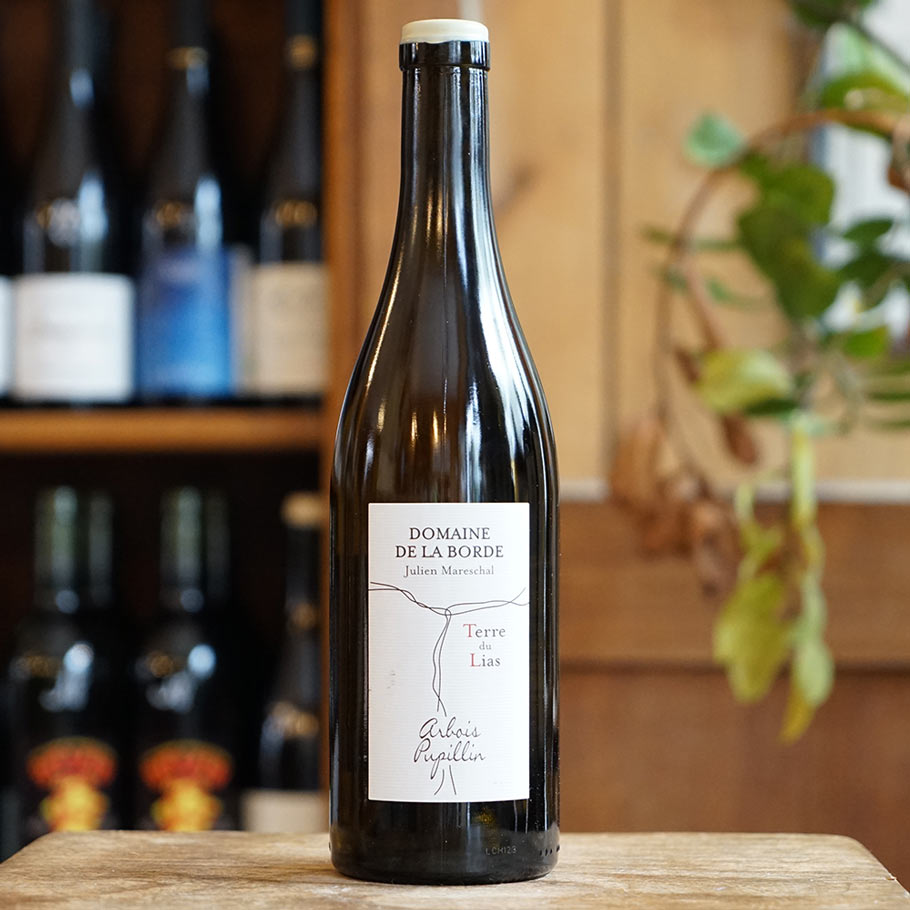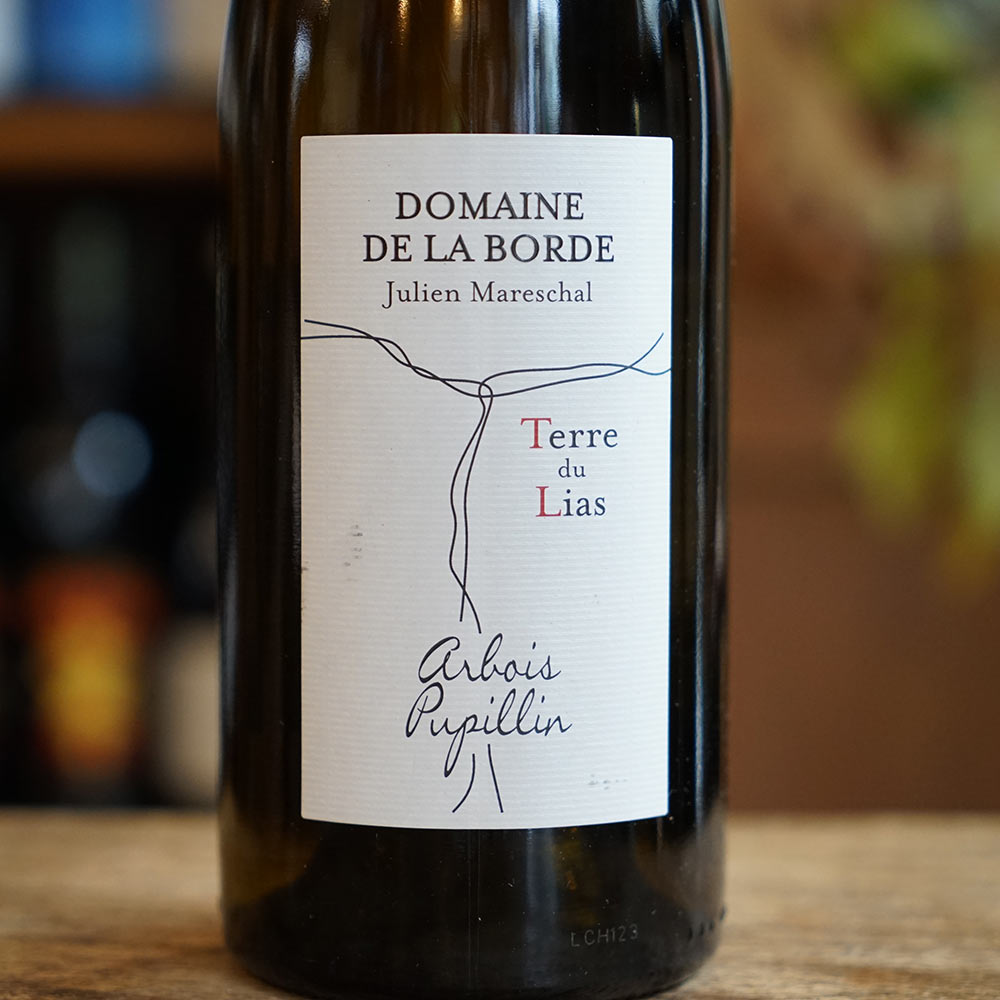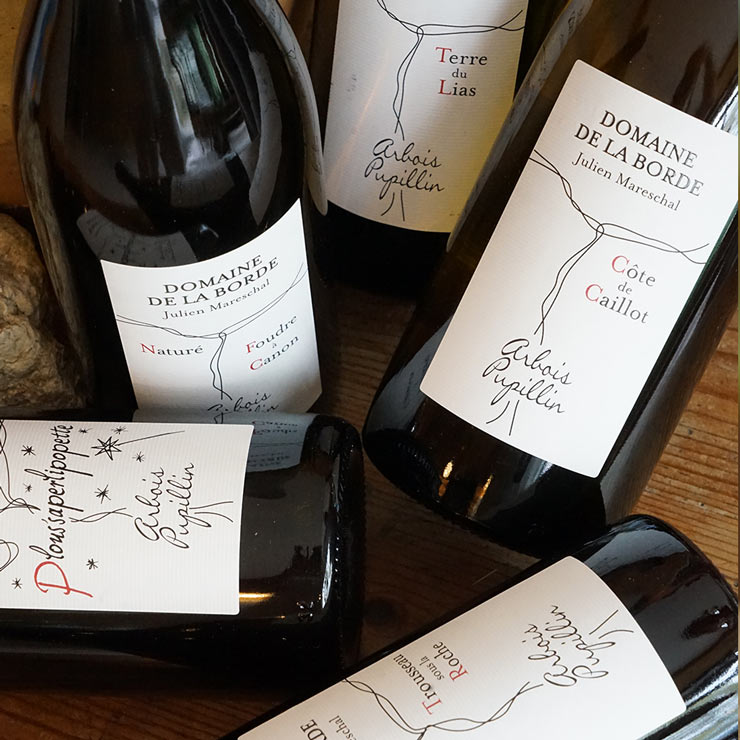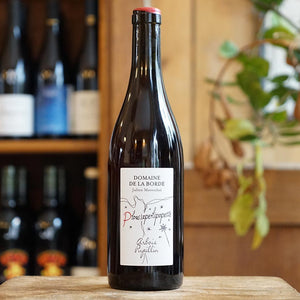Several sets of specifications correspond to these designations. While sulfites are very often mentioned, rightly accused of causing headaches, many other products can be included in the composition of so-called conventional wines.
Here is an overview of the different specifications for organic, biodynamic and natural products:
The organic farming specifications (AB label) prohibit the use of any synthetic chemicals in the vineyards and winery. However, they do allow for some oenological safeguards during the winemaking process. Sulfites, for example, are permitted up to 100 mg/L for red wines and 150 mg/L for white wines.
In biodynamic winemaking (Demeter or Biodyvin certified), the winemaker not only works without synthetic chemicals but also takes the lunar calendar into account for all their operations. They also use biodynamic preparations (fermented horn manure, silica, herbal teas, etc.) to strengthen the vines. Overall, the winemaker seeks to integrate viticulture into a holistic environment. Sulfite levels can reach up to 70 mg/L for red wines and 90 mg/L for white wines.
In natural wine (Vin Méthode Nature label), the specifications require the use of organic grapes, fermenting naturally with indigenous yeasts (as in biodynamic winemaking). Natural wines receive no additives during the entire vinification and aging process. Only minimal doses of SO2 are permitted (30 mg/L maximum), and these must be declared by the winemaker. No harsh filtration or alteration techniques are allowed. We also find the designation "Vins SAINS" (Healthy Wines), which aims to completely prohibit the use of sulfites.


























